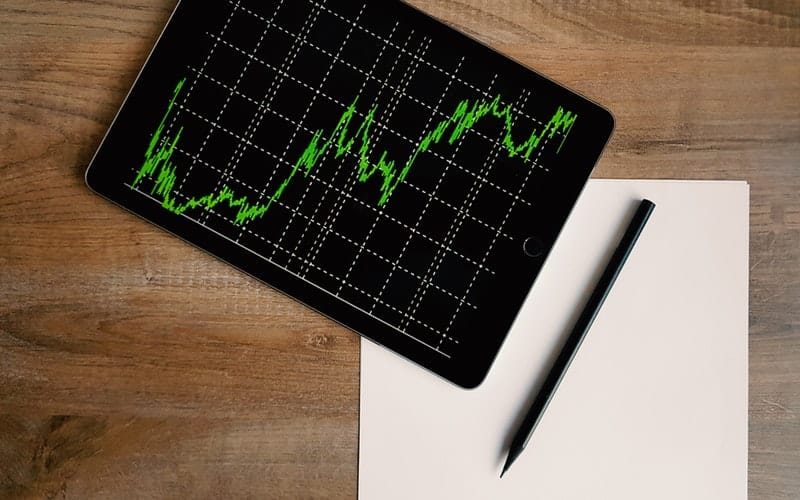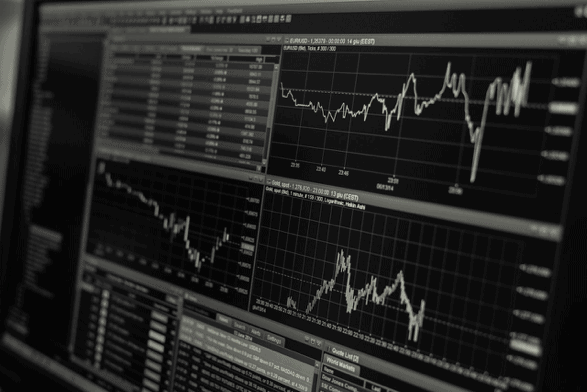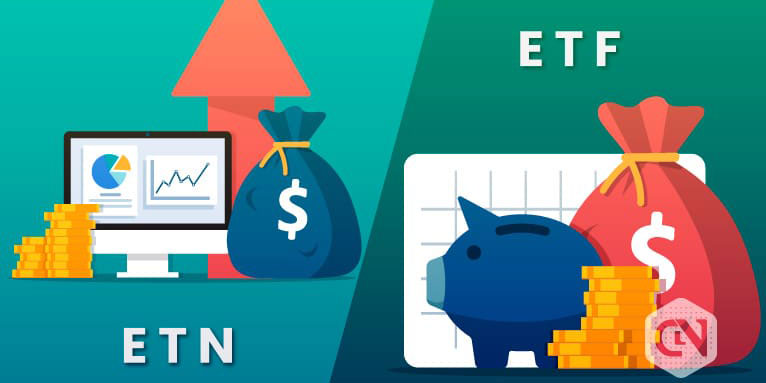When it comes to financing, an index is a statistical representation of a certain market section comprising a specific group of securities. For instance, the S&''P 500 Index represents about 500 large-cap equities that have been selected. But you can't truly invest in an index because it is merely a list of hand-picked companies. This is exactly what index funds are intended to do for their investors.
An index fund is a kind of mutual fund that invests in and maintains ownership of the majority or all of the securities included in the index that the fund seeks to follow. This is how and why John Bogle created the Vanguard investment management company. He came to this conclusion after observing that many investors, including professional money managers, could not outperform the major market indices, particularly throughout a long period. As a result, he decided to establish the Vanguard 500 Index (VFINX), which is designed to replicate the results of the S&''P 500. This fund no longer accepts new investors, although it is still accessible via the trading of Admiral Shares under the ticker VFIAX.
Best S&''P 500 Index Funds
The Vanguard 500 Index (VFIAX)
Vanguard's 500 Index fund, the first index fund ever made accessible to individual investors, is considered the "pioneer" of indexing. VFIAX is a fantastic option for investors who wish to invest in the S&''P 500 using a mutual fund and are interested in utilizing VFIAX. Investors are lucky since Vanguard made its Admiral Shares fund, known as VFIAX, accessible to them. Compared to the older Investor Shares fund, the cost ratio for this share class is much reduced at 0.04%.
The SPDR S&''P 500 (SPY)
This exchange-traded fund was the first listed in the United States (January 1993). It is also one of the biggest ETFs operating on the market today, with assets under management total of $258 billion. The cost ratio for SPY is rather reasonable, coming in at 0.0945%, rounding out the positive aspects of this investment.
The iShares Core S&''P 500 (IVV)
This exchange-traded fund combines two desirable characteristics: substantial assets under management (177 billion dollars) and relatively modest costs (0.03%). IVV may be suitable for investors who want to emphasize the fund's low expense ratio.

The Advantages of Investing in Index Funds
One of the most significant advantages of index funds is that, compared to other managed funds, they have much reduced operating expenditures. Because the companies that make up the fund have previously been investigated and determined to be among the best performers, fund managers are not obliged to do as much extensive study. Because of this, index funds often have minimal or even non-existent commission fees.
A Reduction in Costs While Providing Convenience
Investing in index funds is appealing for several reasons, the biggest one being the low-cost ratios. However, another quality attracts investors. Index funds attempt to replicate the performance of a benchmark index. Therefore, it should follow as a logical consequence that the fund's portfolio is organized to reflect the index the fund is monitoring. The fund is comprised of shares from the firms that are included in the index, even though this may give the impression of being difficult to understand.
Index funds provide a high degree of flexibility since investors may acquire them from either brokerages or mutual fund firms. If your financial institution provides investing services, you may be able to choose an index fund via them rather than going through a third-party broker.
The Reduced Risk Increases One's Confidence
A significant percentage of individuals avoid financial investments due, quite probably, to their aversion to risk. Simply because these funds monitor the performance of assets that have been thoroughly analyzed, novice and seasoned investors can feel secure in their investment decision when they go for an index fund.
If you have money invested in an index that monitors the Dow Jones and you hear that the Dow Jones is going up, you can be sure that the value of the money you have invested is also going up. You will be able to invest in various markets with a single transaction, including large-cap, small-cap, overseas, and bond markets, among others.

A low tracking error is another quality to look for in index funds. Tracking error measures how well an index fund replicates or "matches" the performance of a benchmark index.
When researching index funds, it is important to evaluate how well each fund has performed in the index it is designed to replicate. If the fund is not following the index within a percentage acceptable to you (based on your established criteria), then you should probably avoid investing in it.



